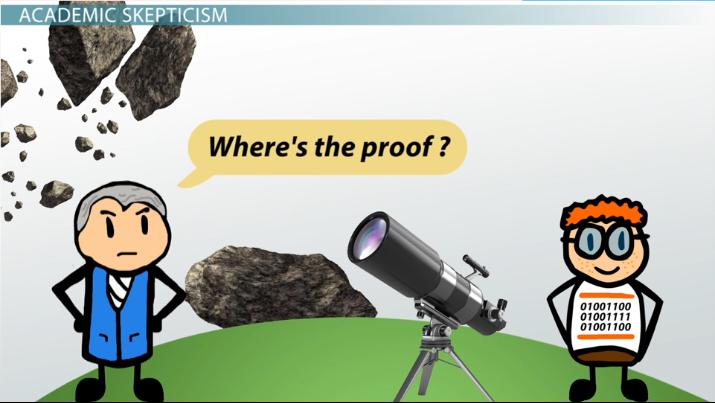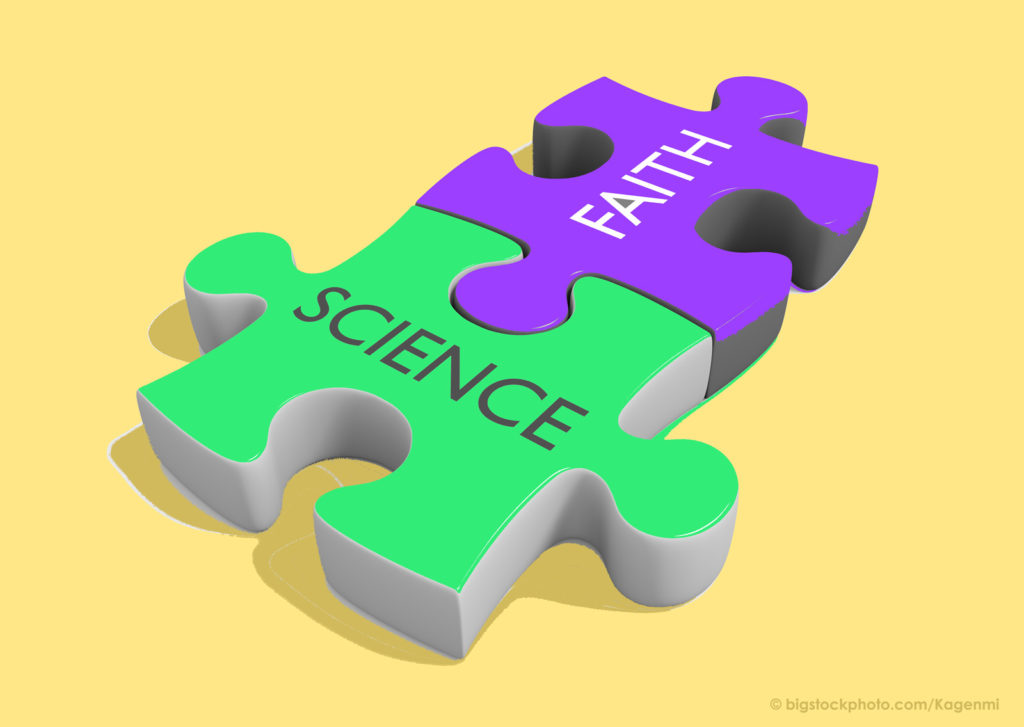
I don’t know how my smartphone works. But I am not bothered by the limits of my knowledge since there is at least one engineer or a small group of engineers who know the inner workings of this miracle machine. If the phone breaks, I know I can find someone to repair it. And as long as I am able to use it to perform useful functions, I feel content.
What, then, is my “unease with science”? I would say it’s more about the attribution of knowledge in a larger sense. I am concerned that individually and socially, we are rapidly outgrowing the ability to comprehend all that we know. The invention of books and computers has allowed us to maintain the façade that knowledge is captured in a way that is accessible and understandable. My discomfort is that soon, if we haven’t already, we will be unable to fully comprehend that accumulated knowledge. Answers continue to get more and more complex, and knowledge so widely distributed that for the most part, we will be at a point where no one, not a person, groups of individuals or even computer systems will know how things work. If something breaks, no one will be able to fix it. This is the limit and consequence that is making me anxious.
As a newly minted neuroscientist in the 1990s, I embodied the optimism of youth that through science we would find answers to all problems. In my particular case, I was certain neuroscience would learn everything about how the brain worked in the 20-30 years following my Ph.D. It was simply a matter of time and increased knowledge. This exciting and limitless vista stretched before me as I settled down into building a career, a lab, and a reputation.
Thirty-plus years later, I remain optimistic about the power of science to answer a multitude of questions. But the vast panorama of unanswered questions remains limitless. While we seem to have learned a lot, the most interesting questions remain unresolved. I feel my frustration wrapped in a thinning veil of optimism. In turn, I have become sensitive to the limits of what once was science’s limitless potential. And what are those limits from my neuroscience perspective? The primary and most notable problem I see is a lack of holistic comprehension. Science has uncovered a multiplicity of independent bits of knowledge but no sense of how to fit it all together. I blame this on the lack of a language of integration, one related to the workings of the holistic mind. I have an intuition about what awareness, attention, and consciousness are, but have little understanding of their underlying neurobiology and how they relate to the rest of what I know. Most troubling, I have no or at least a very primitive language to talk about such processes.
Many will argue this kind of criticism of science reflects a defeatist attitude, i.e., giving up the fight while it is still too early to concede. Such obstacles, they will argue, are solvable by the old strategy of acquiring more knowledge and/or constructing the right vocabulary. Investigations can still produce revolutionary ideas about what questions to ask and how to ask them. This optimism arises from the fact that scientists have encountered limits before and have consistently overcome them. For instance, we learned to re-conceptualize the universe and matter. This occurred in classical physics and led to quantum mechanics. Likewise, we learned to analyze brain function using non-invasive methods like fMRI, allowing scientists to study the living, working brain. In this and many other examples, we breached and expanded boundaries. Yet, my pessimism persists since things are feel different now. But how?
My argument is not that new ideas, revolutionary concepts, and methods won’t allow us to penetrate boundaries. This is different from what John Horgan argues in his book The End of Science. Rather, the limit I am concerned about is that the understanding we need is already beyond our capability to absorb it conceptually. The limits of science are limits in our own processing capacity. The accumulation of scientific knowledge during the last one hundred years already crossed that boundary long ago. Yet, we have persisted because of the power of distributed knowledge, computational capacity, and especially the illusion that “if others know, then I know.”
The latest savior to delay the inevitable crash into this limitation of science is artificial intelligence or AI. But inevitably, AI will change from a tool we use for our benefit and that we control, to a system that will be impenetrable to human understanding and beyond our control. Perhaps we have already crossed aspects of this AI threshold – such as the one where at some point in a health crisis, I may become more dependent on artificial life than on other humans. It’s not yet true in most aspects of life, but comes pretty close in others, such as in the automation of tasks across a broad range of industries. I feel an unease about crossing this threshold. It is the same uneasiness about reaching the limits of science knowledge.
At its core, my unease with science is really my unease with not-knowing, the sense that answers lie beyond my comprehension. Trusting what we don’t understand, and trusting a “science” that is beyond us, is difficult for most of us. We see examples of this in the hesitancy to m-RNA based vaccines in this time of the coronavirus pandemic. Interestingly, it may be the most intelligent – those especially trained to be skeptical and to question everything – who experience this unease the most. For it raises issues of control, agency, and faith in technology. All these are crucial issues for our society to discuss before making the ultimate commitment to paths where there is no possibility of return. Individually, and later socially, we can become comfortable with not-knowing, lose the uneasiness with science, and simply enjoy the process of trying to find the answer!
As John Horgan points outs in his book: “No matter how much they learn, biologists will never really know how matter first became animate, just as cosmologists will never know how the universe began. Moreover, we will never find a final, definitive answer to the question of who we really are. Science-lovers should be grateful for the persistence of these mysteries. As long as they endure, so will our quest for self-knowledge.”

